Subtotal: $299.00
390 ford engine for sale
If you’re a classic car enthusiast, a Ford muscle car restorer, or simply in search of a powerful and reliable engine for your vehicle project, the 390 Ford engine is a legendary choice. This engine has a rich history and continues to be a popular option for those wanting to enhance performance or restore classic Ford vehicles to their original glory.
390 Ford Engine for Sale: The Ultimate Guide to Buying and Understanding This Classic Powerhouse
If you’re a classic car enthusiast, a Ford muscle car restorer, or simply in search of a powerful and reliable engine for your vehicle project, the 390 Ford engine is a legendary choice. This engine has a rich history and continues to be a popular option for those wanting to enhance performance or restore classic Ford vehicles to their original glory.
In this comprehensive guide, we will dive deep into everything you need to know about the 390 Ford engine for sale—from its history and specifications to buying tips, maintenance advice, and where to find the best deals.
What is the 390 Ford Engine?
The 390 Ford engine is a part of Ford’s FE engine family, produced primarily between 1961 and 1976. Known for its durability, torque, and power, the 390 cubic inch V8 was widely used in various Ford cars and trucks during the muscle car era.
Key Specifications:
-
Displacement: 390 cubic inches (6.4 liters)
-
Configuration: V8
-
Bore and Stroke: 4.05 inches x 3.78 inches
-
Horsepower: Ranges from 280 HP to 335 HP depending on the model year and configuration
-
Torque: Around 427 lb-ft
-
Fuel System: Carbureted (most commonly with a 4-barrel carburetor)
-
Compression Ratio: Varies from 9.0:1 to 10.5:1
The 390 was designed as a high-performance engine that delivered excellent torque and acceleration, making it a favorite in Ford Mustang, Ford Galaxie, and even trucks like the F-100.
History and Evolution of the 390 Ford Engine
The 390 engine debuted in 1961 and became an instant success in Ford’s lineup. Initially introduced as a big-block engine option, it quickly gained popularity due to its balanced combination of power and reliability.
Important Milestones:
-
1961-1965: The early versions featured solid lifters and cast iron heads, producing around 300 horsepower.
-
1966-1970: These years saw performance upgrades with higher compression ratios and more aggressive camshaft profiles, increasing horsepower to above 320.
-
1971-1976: The final production years included reduced compression to meet emissions standards but still maintained respectable torque output.
The 390 Ford engine was eventually replaced by the 428 Cobra Jet and the 429 engines but remains highly sought after by restorers and performance enthusiasts due to its classic sound and strength.
Why Buy a 390 Ford Engine?
1. Classic Muscle Car Authenticity
If you are restoring a classic Ford Mustang, Galaxie, or Torino, the 390 engine offers the authenticity that many collectors and enthusiasts crave. Using the original engine type can significantly increase the vehicle’s value and originality.
2. Reliable Power
The 390 is known for its robust build and ability to handle high RPMs without compromising longevity. Whether you want to use it for street performance or mild racing, it’s a dependable engine choice.
3. Versatility
This engine was used in various Ford models, including cars and trucks, so it offers great versatility. It can be adapted for swaps into other vehicles as well.
4. Availability of Parts
Because it is a popular engine from the muscle car era, aftermarket parts and rebuild kits are widely available, making maintenance and upgrades easier.
Types of 390 Ford Engines for Sale
When searching for a 390 Ford engine for sale, you’ll encounter different types and conditions. Understanding the types can help you choose the right one for your needs.
1. Remanufactured Engines
These are engines rebuilt to factory specifications using new parts where needed. Remanufactured 390 engines are ideal if you want a like-new engine with a warranty.
2. Used Engines
Used 390 Ford engines come from salvaged vehicles or previous owners. These are typically more affordable but may require inspection and possible repairs.
3. Crate Engines
A crate engine is a fully assembled engine shipped directly from the manufacturer or rebuilder. They often come with performance enhancements and warranties.
4. Performance-Built Engines
Some sellers offer high-performance 390 engines with aftermarket upgrades like higher compression pistons, upgraded camshafts, or better intake systems for increased horsepower.
Where to Find a 390 Ford Engine for Sale
Finding a good 390 Ford engine for sale can be a challenge, but several trusted sources make the search easier:
1. Online Marketplaces
-
eBay Motors: A popular platform with a wide variety of used, remanufactured, and crate engines.
-
Craigslist: Local sellers may offer engines for a bargain but inspect carefully.
-
Facebook Marketplace: Often has local sellers with competitive prices.
2. Specialty Engine Shops
Some performance shops specialize in Ford engines and offer rebuilt or custom-built 390 engines with warranties.
3. Classic Car Forums and Clubs
Enthusiast forums and clubs dedicated to Ford muscle cars often have classified sections or can connect you to reputable sellers.
4. Auto Salvage Yards
Used engines can sometimes be found in salvage yards but ensure you verify the engine’s condition and history.
How to Choose the Right 390 Ford Engine for Your Project
Before purchasing a 390 Ford engine, consider the following factors to ensure you make a smart investment:
1. Intended Use
-
Restoration: Look for an engine close to factory specs or a remanufactured one.
-
Performance: Consider performance-built engines or upgrade kits.
2. Engine Condition
-
Inspect for rust, cracks, and wear on key parts like the block, heads, and crankshaft.
-
Ask about the engine’s history and mileage if buying used.
3. Price vs. Warranty
-
New or remanufactured engines may cost more but come with warranties.
-
Used engines are cheaper but riskier.
4. Compatibility
Make sure the engine matches your vehicle’s year and model or your swap requirements.
Maintenance Tips for the 390 Ford Engine
To keep your 390 Ford engine running smoothly for years, regular maintenance is crucial:
1. Regular Oil Changes
Use high-quality engine oil and change it every 3,000 miles or as recommended.
2. Tune-Ups
Replace spark plugs, points, and ignition components regularly.
3. Cooling System
Keep the radiator and water pump in good condition to prevent overheating.
4. Carburetor Care
Clean and rebuild carburetors as necessary to maintain proper fuel delivery.
5. Valve Adjustments
Check and adjust valves periodically, especially if your engine has solid lifters.
Common Upgrades for the 390 Ford Engine
Performance enthusiasts often upgrade their 390 engines to squeeze out more horsepower and torque:
-
Camshaft Upgrades: High-performance cams improve valve timing for better airflow.
-
Cylinder Heads: Ported or aftermarket heads increase efficiency.
-
Intake Manifolds: Upgrading to a performance intake boosts power.
-
Exhaust Systems: Headers and free-flowing exhaust increase engine breathing.
-
Ignition Systems: Electronic ignition kits improve spark reliability.
Estimated Price Range for a 390 Ford Engine
The price for a 390 Ford engine varies widely depending on the type and condition:
-
Used Engines: $800 to $2,500
-
Remanufactured Engines: $2,500 to $4,000
-
Crate Engines: $3,000 to $5,500
-
Performance-Built Engines: $4,000 to $8,000+
Prices also vary by location and seller, so it’s wise to shop around and negotiate.
FAQ: 390 Ford Engine for Sale
Q1: Is the 390 Ford engine a good swap for classic cars?
Yes, the 390 is a strong and reliable engine, often used in swaps for muscle cars, trucks, and hot rods due to its power and parts availability.
Q2: Can I find remanufactured 390 engines with warranties?
Yes, many engine rebuilders and shops offer remanufactured 390 engines with warranties for peace of mind.
Q3: What is the fuel efficiency of a 390 Ford engine?
As a large-displacement V8 from the muscle car era, the 390 is not fuel-efficient by modern standards, typically averaging 10-15 mpg depending on tuning and usage.
Q4: Are parts for the 390 Ford engine still available?
Yes, aftermarket and OEM parts are widely available due to the engine’s popularity and large following.
Q5: What vehicles originally came with the 390 Ford engine?
Some popular models include the Ford Mustang, Ford Galaxie, Ford Fairlane, Ford Torino, and Ford F-series trucks.

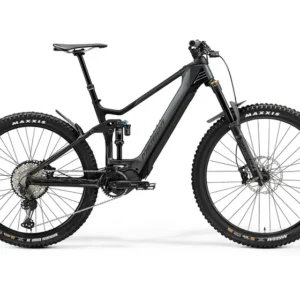 Merida eOne Sixty 8000 Electric Mountain Bike
Merida eOne Sixty 8000 Electric Mountain Bike 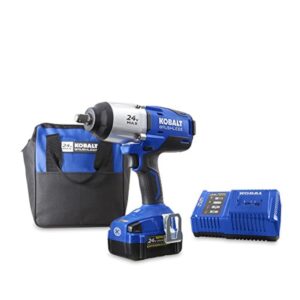 24V Max Impact Wrench (1/2", 3/8")
24V Max Impact Wrench (1/2", 3/8") 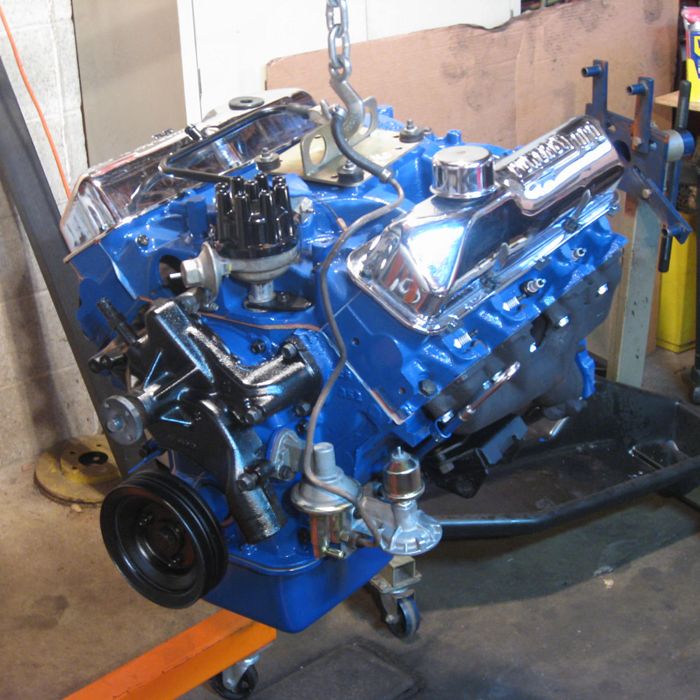

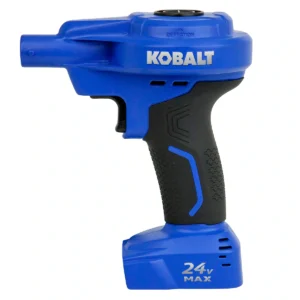
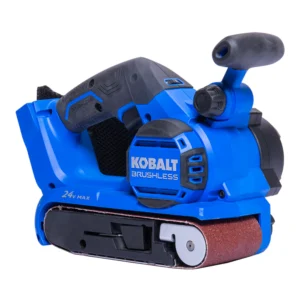
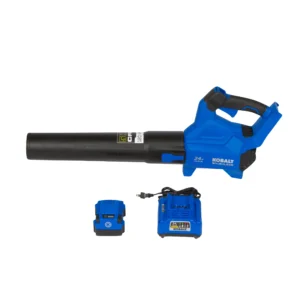
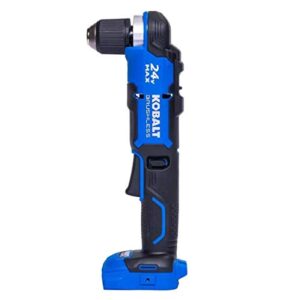
There are no reviews yet.